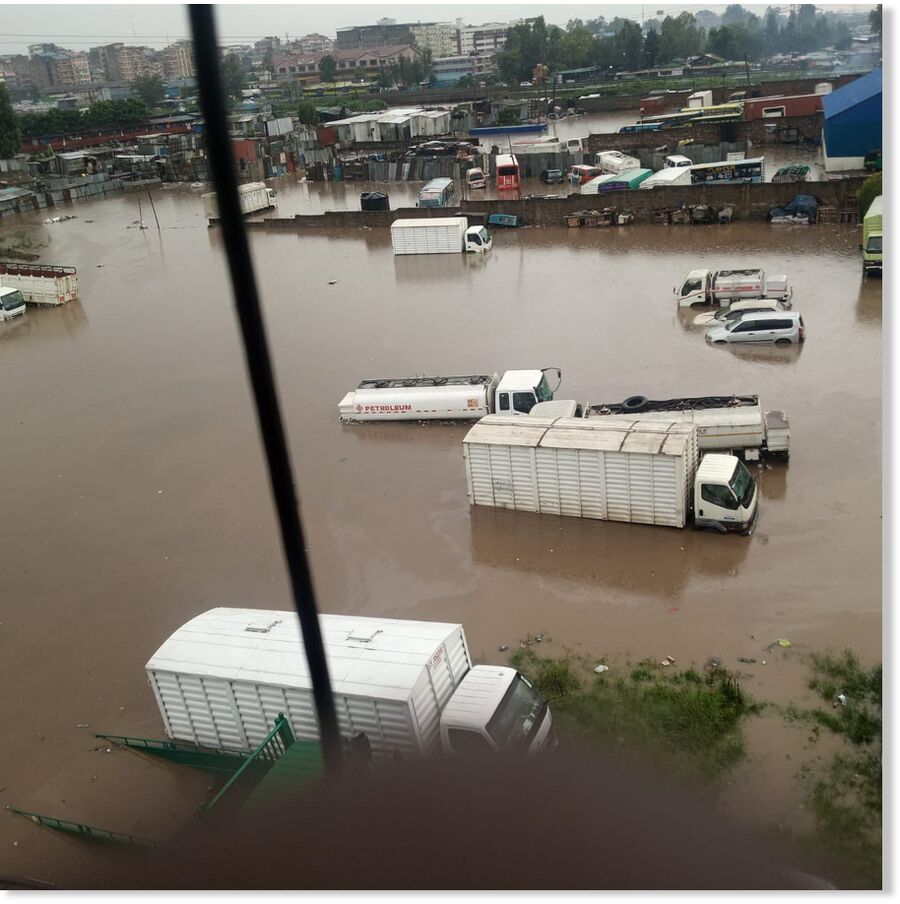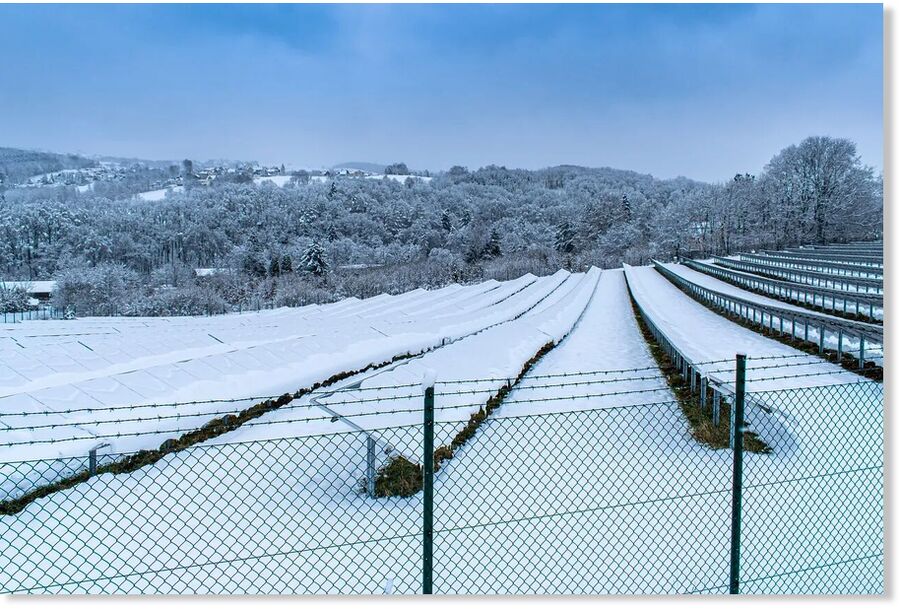A pack of stray dogs brutally mauled and killed an eight-year-old boy in Mouza Bangla Hamidpur, a suburban area of Kehrurpaka in District Lodhran on Sunday.
According to media reports, the incident occurred when the boy went out of his home to play. The stray dogs attacked and seriously injured the boy, Arsalan, by biting him multiple times. The victim was rushed to THQ hospital, but he succumbed to his injuries on the way.
Medical Officer Dr. Zeeshan stated that the victim received severe injuries from dog bites on his neck, legs, and ears. However, the police reported that the family of the victim refused legal proceedings, declaring the incident an accident. Local residents revealed that despite an increase in dog bite cases, the district authorities remain unmoved. No concrete steps have been taken to date to address the issue of aggressive dogs, citizens added.
No dog-hunting campaign has been initiated in Kehrurpakka for over two years. Citizens expressed frustration, stating that while the district administration claims good governance, the reality is quite the opposite. Bloodthirsty dogs roam freely in the city and suburbs, posing a constant threat to residents.














Comment: A month ago: Farmer killed in gaur attack in Tamil Nadu, India